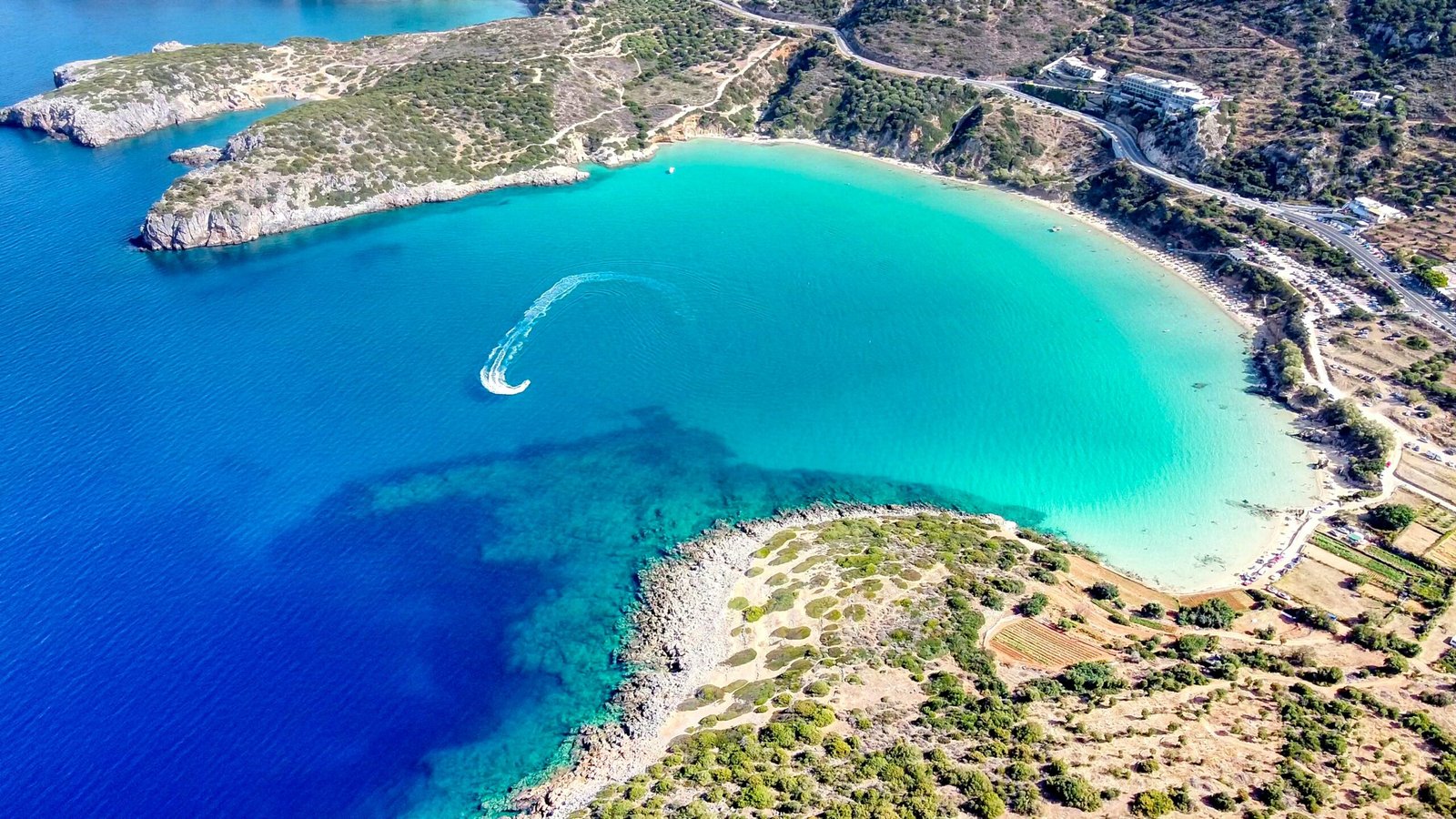Understanding Sustainable Tourism
Sustainable tourism refers to a responsible approach to travel that seeks to minimize environmental impact while supporting local cultures and economies. The core principles of sustainable tourism revolve around three critical areas: environmental integrity, cultural respect, and economic viability. It encourages tourists to engage with the local environment in a manner that conserves natural resources, promotes biodiversity, and reduces carbon footprints. By prioritizing these principles, sustainable tourism aims to create a travel experience that is both enriching for visitors and beneficial for host communities.
In contrast, traditional tourism often prioritizes the immediate demands of tourists, which can lead to detrimental effects on local ecosystems and cultures. Mass tourism practices may contribute to habitat destruction, pollution, and the commodification of local traditions, ultimately undermining the very resources that attract visitors in the first place. Thus, sustainable tourism is seen not only as a viable alternative but also as a necessary evolution in how we approach travel in an increasingly interconnected world.
Globally, trends in sustainable tourism are on the rise, as travelers become more aware of their impacts on the destinations they visit. Many now seek experiences that align with their values, opting for accommodations that support local communities, participate in eco-friendly initiatives, and foster cultural exchange. This shift highlights the growing importance of sustainability within the tourism sector, pushing businesses to adapt their practices toward more eco-conscious and community-centered approaches.
In the context of Takoradi, a coastal city in Ghana known for its rich culture and natural beauty, sustainable tourism presents an opportunity to leverage its unique attributes in a manner that benefits both visitors and residents. As the demand for sustainable travel options grows, Takoradi has the potential to become a model for integrating tourism with the preservation of authentic local experiences and environmental stewardship.
Takoradi: A Destination of Promise
Takoradi, a vibrant coastal city located in the Western Region of Ghana, presents a unique blend of natural beauty and cultural richness, making it an emerging destination for sustainable tourism. The city is predominantly known for its picturesque beaches, such as the popular Busua and Fort Orange beaches, which offer serene views and engaging activities. These natural attractions not only draw tourists but also nurture local ecosystems, emphasizing the importance of preserving the environment while promoting tourism.
Beyond its stunning coastlines, Takoradi thrives with cultural heritage demonstrated through its historic sites, festivals, and local traditions. The region is home to a diverse population that enriches the city’s cultural fabric, resulting in vibrant cultural performances, local crafts, and authentic culinary experiences. Tourists visiting Takoradi can immerse themselves in local traditions, which are central to the community’s identity and offer a glimpse into the authentic Ghanaian way of life.
Moreover, sustainable tourism in Takoradi is rapidly gaining traction as local economies recognize the potential benefits of environmentally-conscious travel. Initiatives centered on responsible tourism practices are being embraced by community members and local organizations. Such efforts include promoting eco-friendly accommodations, encouraging local sourcing of goods, and supporting conservation projects aimed at protecting the ecological integrity of the region. The community’s willingness to engage in sustainable practices signifies a commitment to fostering a tourism model that benefits both visitors and residents alike.
As Takoradi continues to develop its offerings for travelers, it stands at the forefront of a significant shift towards sustainable tourism. Its picturesque landscapes, rich culture, and proactive community involvement serve as a testament to its potential as a responsible travel destination, appealing to conscientious travelers from around the world.
Key Initiatives Promoting Sustainable Tourism in Takoradi
In the quest for sustainable tourism, Takoradi has embraced a variety of initiatives aimed at protecting its unique ecosystems while enhancing the experiences of visitors. Local businesses have initiated eco-friendly accommodations that prioritize sustainability in their operations. These establishments focus on reducing their carbon footprint by utilizing renewable energy sources, implementing water conservation techniques, and integrating local materials into their designs. By promoting green lodgings, Takoradi sets an excellent example for other regions seeking to harmonize tourism with environmental responsibility.
Moreover, several conservation projects have been launched to restore and protect the region’s rich biodiversity. Collaborations between local NGOs and governmental agencies have led to reforestation efforts, the protection of endangered species, and the preservation of habitats. These initiatives not only safeguard wildlife but also foster a deeper understanding among tourists regarding the importance of ecosystem preservation. Visitors are often invited to participate in these projects, enriching their experience while contributing positively to the environment.
Community-led tours have emerged as a significant trend in promoting sustainable tourism. These tours are designed and operated by local residents, providing an authentic glimpse into the culture and lifestyle of the area. Participants receive a firsthand look at traditional practices, local cuisines, and historical landmarks, all while supporting the community’s economy. This model ensures that the benefits of tourism are felt directly by the local population, empowering them and creating a sense of pride in their heritage.
Last but not least, strategic partnerships have been established between local businesses, government bodies, and international organizations to bolster the sustainable tourism framework in Takoradi. These collaborations focus on training and capacity building for local entrepreneurs, enabling them to implement sustainable practices effectively. By fostering a network of support, stakeholders collectively work towards a thriving, sustainable tourism model that captivates travelers while preserving the natural and cultural assets of Takoradi.
The Future of Sustainable Tourism in Takoradi
The future of sustainable tourism in Takoradi appears promising, yet it is essential to acknowledge both the challenges and opportunities that lie ahead. As travelers increasingly seek environmentally conscious options, Takoradi has the potential to become a leading destination for sustainable practices in tourism. This rise in demand offers an opportunity for local businesses to innovate and adapt, ensuring that their offerings not only meet the preferences of eco-conscious tourists but also benefit the local community and environment.
Education and engagement are critical factors that will influence the future of sustainable tourism in this region. It is essential to foster awareness among both tourists and locals about the importance of sustainable practices. This can be achieved through workshops, community meetings, and educational programs that highlight the benefits of eco-friendly tourism, ultimately enhancing the overall visitor experience. When locals understand their role in promoting sustainability, they can actively participate in preserving Takoradi’s natural resources while sharing their cultural heritage with visitors.
Technology will also play a central role in shaping sustainable tourism experiences in Takoradi. Innovations such as mobile applications and digital platforms can facilitate better communication and collaboration among stakeholders, including government agencies, tour operators, and local communities. By leveraging technology, it is possible to promote sustainable practices, streamline operations, and enhance visitor engagement. Furthermore, the incorporation of smart solutions, such as energy-efficient accommodations and renewable energy sources, can significantly reduce the carbon footprint of tourism activities in the region.
Finally, collaborative efforts among all stakeholders will be crucial to ensuring that sustainable tourism practices remain effective in Takoradi. By working together, businesses, community organizations, and governmental bodies can create a supportive framework that nurtures long-term sustainability. Building partnerships and sharing best practices will ultimately enhance the resilience of Takoradi’s tourism sector, paving the way for a thriving and sustainable future.


